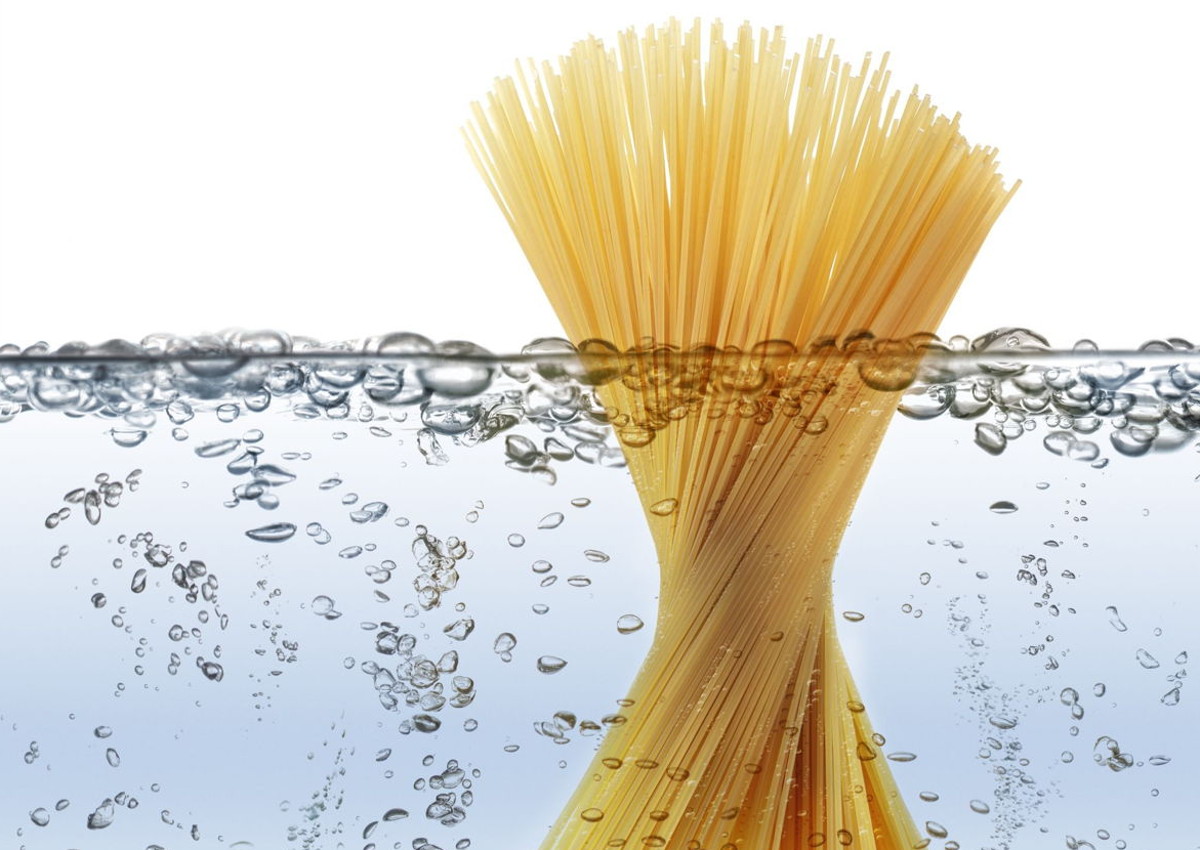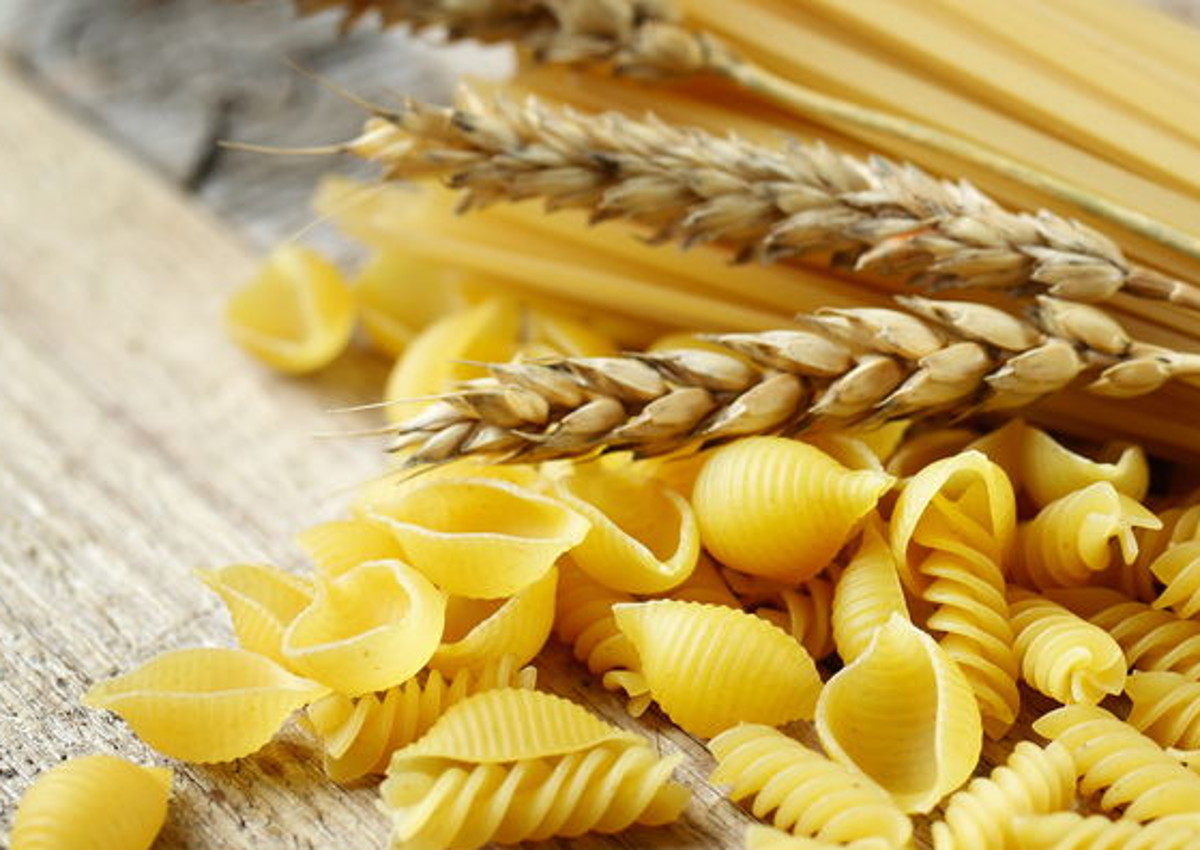
Following a governmental decree, obligation to indicate wheat’s origin on pasta labels is now triggered in Italy. Italian pasta makers are ready. We have already adjusted to this national law, as usual in advance of the scheduled date. Packs with the new labels have already been on the shelves for several weeks – says Riccardo Felicetti, President of Aidepi (Italian Association of the Industries of Sweets and Pasta). Obviously, for some time Italian consumers will also find packs with the old label, as there are still stocks to dispose of.
Origin and quality
From now on – adds Felicetti – consumers will be able to verify that behind excellent pasta brands there is sometimes Italian durum wheat semolina, and sometimes excellent foreign durum wheat. Because quality knows no boundaries. We must not confuse the origin with the quality of the product: all the wheat we use for Italian pasta is the best in the world as to tastiness, safety, and traceability. But this new label is not destined to last. Unfortunately, as we feared this label will soon be overtaken by the EU Regulation on the origin of food that is to come into force next summer – explains Felicetti. As pasta makers, we will be forced to adapt once again to a new label, and consumers will find the same information written in a different way.

Increasing quantities
According to Aidepi, it is now time to focus on issues that are truly relevant for the future of Italian pasta supply chain. Indication of wheat’s origin on the label alone is not enough to overcome a structural gap, both quantitative and qualitative, which requires manufacturers to import some of the wheat (on average 30%) needed to make their products. The right way to increase availability of national, high-quality, and sustainable durum wheat is in fact represented by supply chain agreements. Many farmers and manufacturers have already undertaken them in Italy. Pasta makers are thus guaranteed an adequate wheat supply, whereas farmers are provided with certain income. Moreover, these agreements meet the specific needs of environmental and climatic conditions, while ensuring protection against market fluctuations says Felicetti.
